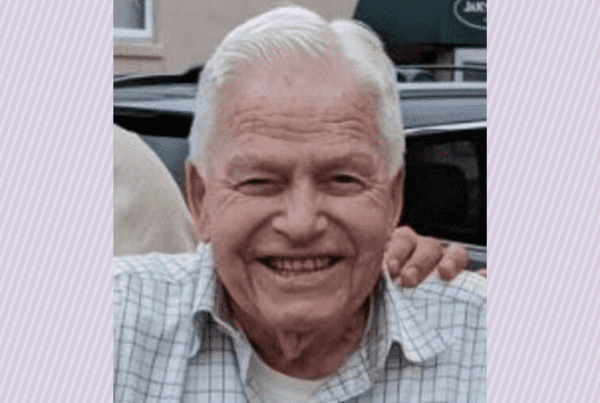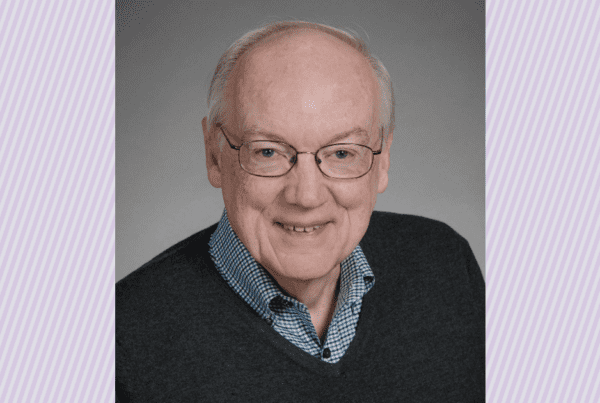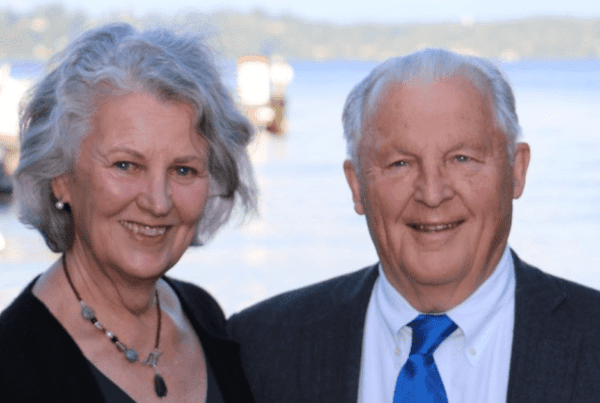Thomas Cullen, PhD, research associate professor in the Department of Biomedical Informatics and Medical Education, died on May 6, 2021. He was a valued researcher and educator at the UW School of Medicine.
An architect of the WWAMI program
Cullen attended the University of Washington to earn his PhD in educational psychology and was hired out of graduate school by the UW School of Medicine as a research evaluator to help build and assess a new multistate medical education program known as WAMI (Washington, Alaska, Montana and Idaho; Wyoming joined in 1996, adding the second “W” to what is now WWAMI).
“The idea at the time in the School of Medicine was, ‘There is no reason to do something small, so let’s do something big,’” says Doug Schaad, PhD, professor and division head for Biomedical Informatics and Medical Education who worked with Cullen on assessing the new program.
In 1972 the School admitted its first class of students in Alaska and the following year they admitted students in Idaho and Montana. Cullen, Schaad and colleagues wanted to answer this question: How can we tell if the educational system across the four-state region is equivalent for all students, and how will that look when it translates into the clinical domain?
To answer their research question, they were tasked with tracking every student and trainee from when they arrived at the School until they died.
The evaluation team that Cullen worked on was tracking and evaluating the students using a longitudinal database, which they updated with major career moves, like what specialty a student went into and when they retired.
“Cullen was one of many architects of the program and the reality of it is the processes the School put in place based on our evaluation have largely remained in place,” says Schaad.
What was challenging about their job was demonstrating equivalents in outcomes when each state has its own ethos and demographics. Putting together flexible yet equivalent curriculum and examinations for students working in disparate regions and communities that would allow them to all be licensed was an enormous task.
“Tom thrived in that challenging environment,” says Schaad. “And he loved working with the students.”
Cullen eventually transitioned into a role as a faculty member in the Department of Biomedical Informatics and Medical Education, but the work that Cullen and Schaad did was used in the original structure of what the School of Medicine has become today. Their evaluation work has helped UW Medicine provide community-based medical education in an equitable way.
Remembering a researcher, teacher, friend and colleague
“When I think back about Tom, I remember that he was a scholar and an academic’s academician. He knew all the great books and plays but at the same time he was very humble,” says Schaad.
Schaad says Cullen was well published, with much of his early research examining grade point average and Medical College Admission Test scores to see if they predicated how well each of the WWAMI states’ classes would do. He also did research in psychology and medical education, looking at how to help students who were struggling because of depression. Cullen was dedicated to creating positive outcomes for students through his research and teaching.
“He was my office mate for 20 years,” says Schaad. “We worked together on the west side of campus and we would go out and watch the boats on Portage Bay — that was Tom’s favorite.”
Read more about Cullen’s life or leave a note of remembrance for his family.


